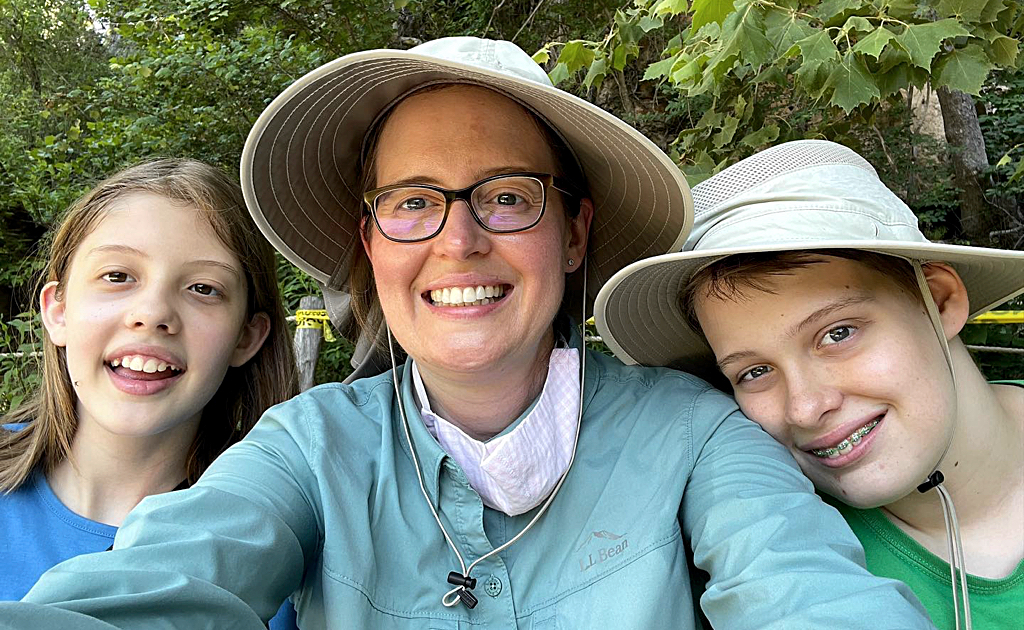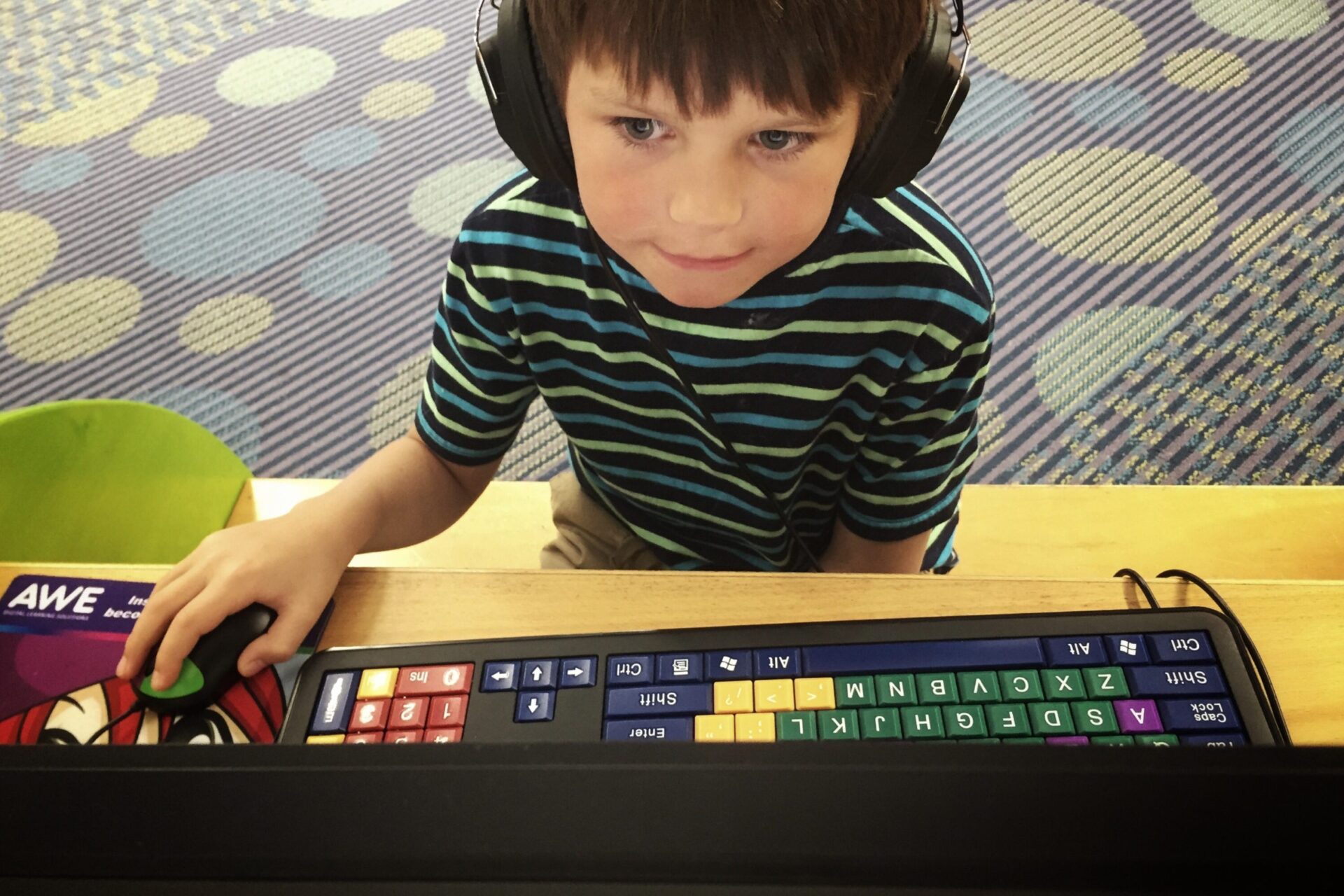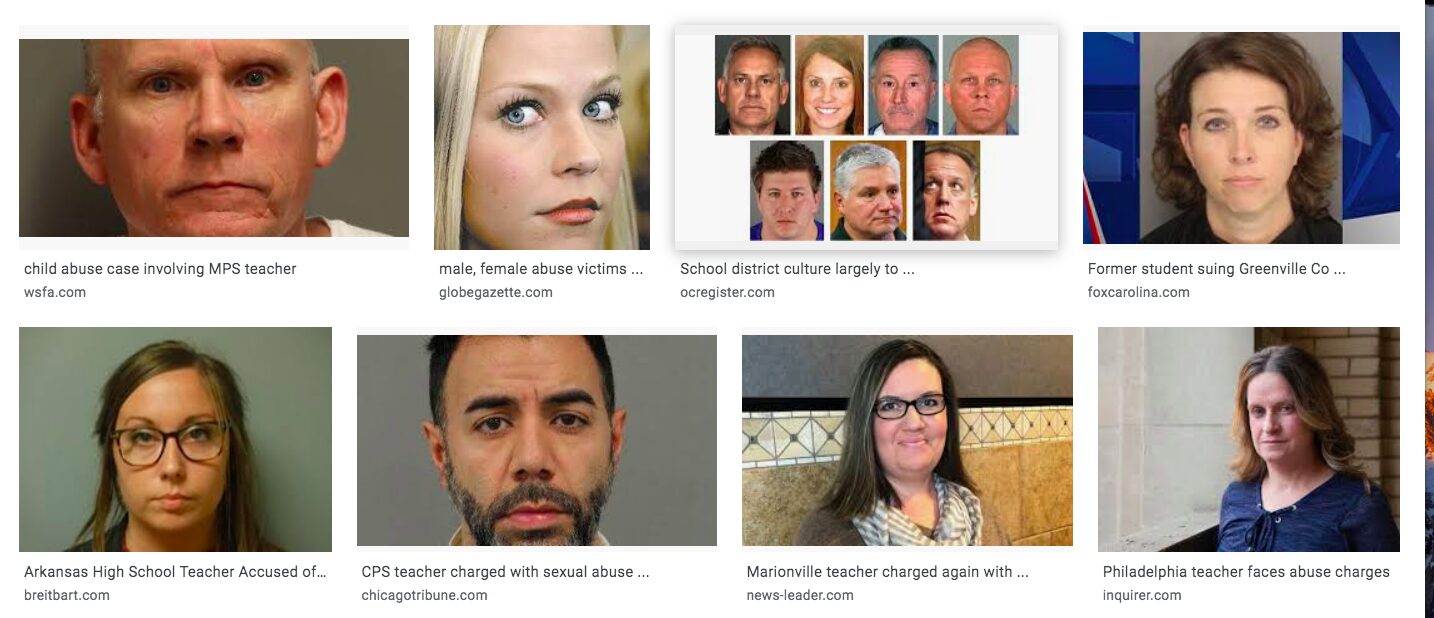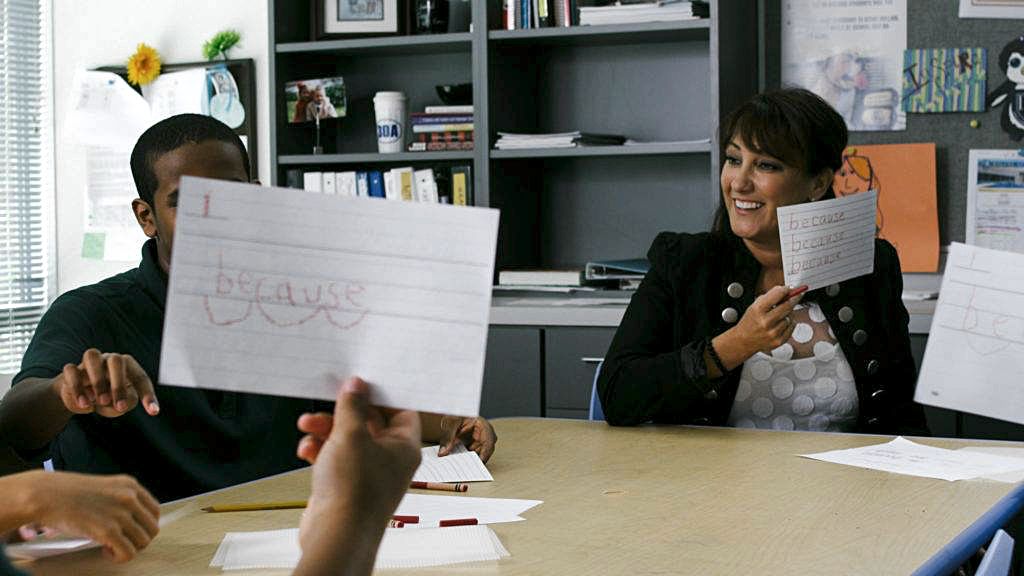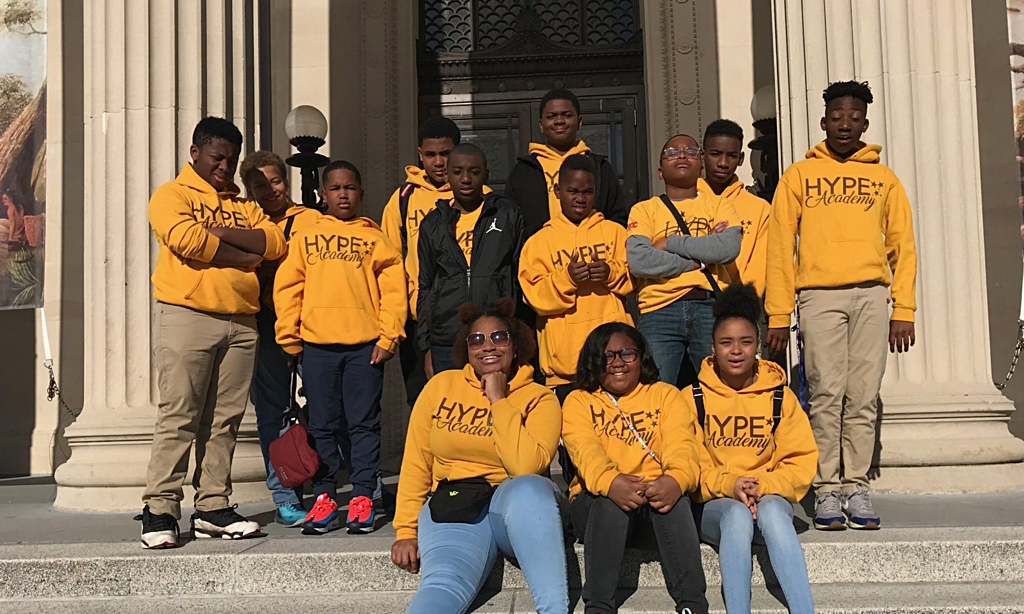Fooled Me Once, Fooled Me Twice: A Teacher’s Story
My teaching career ended last June of 2018. I chose to retire after being an educator for 41 years. In that time I was a special education teacher, a transition specialist, and a reading specialist. In the end, I realized that helping kids learn to read was my calling, my passion.
It wasn’t always this way. I graduated in 1976 from Illinois State University and my first job was in a non-categorical primary classroom of 6 and 7 year olds. I remember setting up my classroom and thinking, how do I teach kids to read? I also remember calling my mother and asking for her sage advice even though she wasn’t a teacher. She said start with the letters and their sounds. After that, I was on my own. Ten years later, I was still trying to figure out the best way to teach kids how to read. We used exercises in visual memory, visual discrimination and auditory memory; we taught sight words and used the mainstream curriculum very slowly. That is all I had. That is all I had been taught to do.
In 1988, I attended a structured phonics class held by Project Read out of Minnesota. (https://www.projectread.com/ ) Their curriculum is sequential and systematic in its approach to teaching the sounds and morphemes. After the week-long class I felt confident for the first time in 12 years that I had an approach to teaching reading. This training changed my professional career. After using the approach, I could see the difference. Kids were learning to read; not just memorizing words. They were also learning how to spell by sounds, not by memory. They could own their reading and felt good about themselves.
So where did this approach originate? In the 1920 and 1930’s, Dr. Samual Orton and his research assistant Anne Gillingham suspected that the left hemisphere of the brain influenced a students’ ability in reading as it did in his patients with left hemisphere damage. They both had difficulty remembering words. Fast forward to the late 1990’s. With the use of fMRIs, researchers have been able to identify the parts of the brain that are used in reading. Those that struggle to read typically have an underactive part of the brain that uses sounds for decoding. By over teaching to the part of the brain responsible for memory of words, or orthographic mapping, the sound part remains unused. However if students learn sound/letter correspondence and utilize that when reading, the sound region in the brain is activated and becomes stronger. These students have a better chance of becoming fluent readers. Readers need BOTH parts of the brain fully activated for fluency.
So why am I telling you all of this? After 41 years in education, the schools of higher education have not caught on or caught up to the science. The departments of education and departments of science are working in silos. Schools of education are not integrating this now 20-plus year old information into the curriculum. In 1976 we didn’t know better. In 2019 we should know better.
I speak from a relatively recent experience. In 2016, I completed 9 courses to receive my state’s certification as a reading specialist. As a reading specialist, we are called upon to work with children to be the diagnostician and interventionist for them. However in all of my 9 classes, the word dyslexia was mentioned once, on one page, in one book. Students that had difficulty with reading were referred to as struggling readers. The coursework focused on Reading Recovery methods and treatment. There was no talk of brain research and how that could be used to diagnose and treat the student that was struggling or dyslexic.
So here we are. There is evidenced based research that shows how the brain learns to read. We know the use of deep phonological awareness of blending, segmenting, deletion and insertion in the treatment of students with characteristics of dyslexia and related conditions is critical for their success. So why is it not being taught or applied during training? Why is this information not crossing over from the schools of science to the schools of education?
Educators have a very difficult job. We have many plates spinning in the air to keep our classrooms running smoothly. We are working hard, harder than every before, but it seems like it is never enough and there are always a few kids you just can’t seem to reach. Unfortunately, many of us, if not most of us, were given outdated pedagogy. Our training is lacking in the most fundamental knowledge, the science of reading.
This is my story of how the schools of higher education failed me and how they continue to fail others. I should not have been fooled back then or fooled now. If you want to know more about the science of reading and how it can be a game changer for you and your students, take time to look at the following resources.
You really don’t have to work harder, just smarter.
Donna recommends these resources for educators seeking to learn more about the science of reading:
- Reading 101: A Guide to Teaching Reading and Writing by Reading Rockets
- Teaching Reading IS Rocket Science by AFT Teachers
- Essentials of Assessing, Preventing, and Overcoming Reading Difficulties, David A. Kilpatrick
- The Phonological Awareness Screening Test (with instructions) by David A. Kilpatrick
- LETRS: Language Essentials for Teachers of Reading and Spelling
- Education Week Video: What Teachers Should Know about the Science of Reading, with Emily Hanford
- EdWeek: College of Education Now Prepares Teachers in the Science of Reading
- International Dyslexia Association




